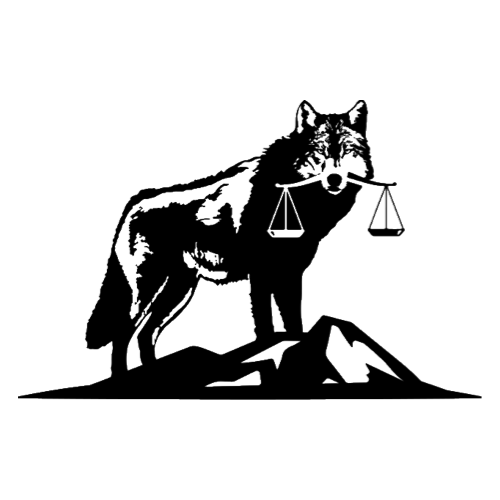Stand Up Against Insurance Bad Faith Practices
Facing an insurance company that’s not holding up its end of the bargain can be disheartening and financially distressing. Whether it’s a rejected claim or unreasonable delays, we’re here to ensure you receive the compensation you’re rightfully owed. If you’re battling with an insurer that’s acting in bad faith, allow us to fight on your behalf.
Start With a Free Case EvaluationWhat is a First-Party Bad Faith Insurance Claim?
When you file an insurance claim, your provider has a duty to handle it in good faith. They must investigate your claim thoroughly and pay out benefits promptly if covered by your policy. If an insurance company unreasonably denies, delays, or underpays your legitimate claim, it is considered insurance bad faith. When your insurance company breaches its duty to handle your claim in good faith, you can pursue them for first-party bad faith.
Understanding Your Damages in Insurance Bad Faith Claims
Suffering financial damage due to insurance bad faith can leave you feeling helpless. You might face high medical costs, lost wages, and other expenses. Our team is committed to helping you recover these losses and navigate the challenges of insurance disputes.
Economic Damages
- Contract Damages: This includes the actual benefits due under the policy that were wrongfully withheld by the insurance company, such as paying medical bills.
- Consequential Damages: These are additional losses that result from the insurance company’s failure to pay the claim, such as financial losses incurred due to the delay or denial.
- Legal Costs: Colorado law allows for the recovery of reasonable attorney’s fees and court costs incurred in pursuing the bad faith claim.
- Statutory Penalties: In Colorado, a policyholder can recover two times the covered benefit if an insurer unreasonably delays or denies payment of a claim.
- Interest: Claimants may also be entitled to interest on the unpaid amounts from the time the claim should have been paid.

Where Accountability Lies When Insurers Act in Bad Faith
In instances of insurance bad faith, the liability often squarely rests with the insurance company. Policy providers have a duty to act in good faith and fair dealing. When they shirk this duty, they become liable for the resulting damages.
- Insurance Company: The primary entity responsible for unjust claim denials and delay tactics.
- Insurance Adjusters: Individuals who may manipulate claim evaluations to minimize payouts unfairly.
- Claims Departments: Departments that may implement policies encouraging bad faith practices.




